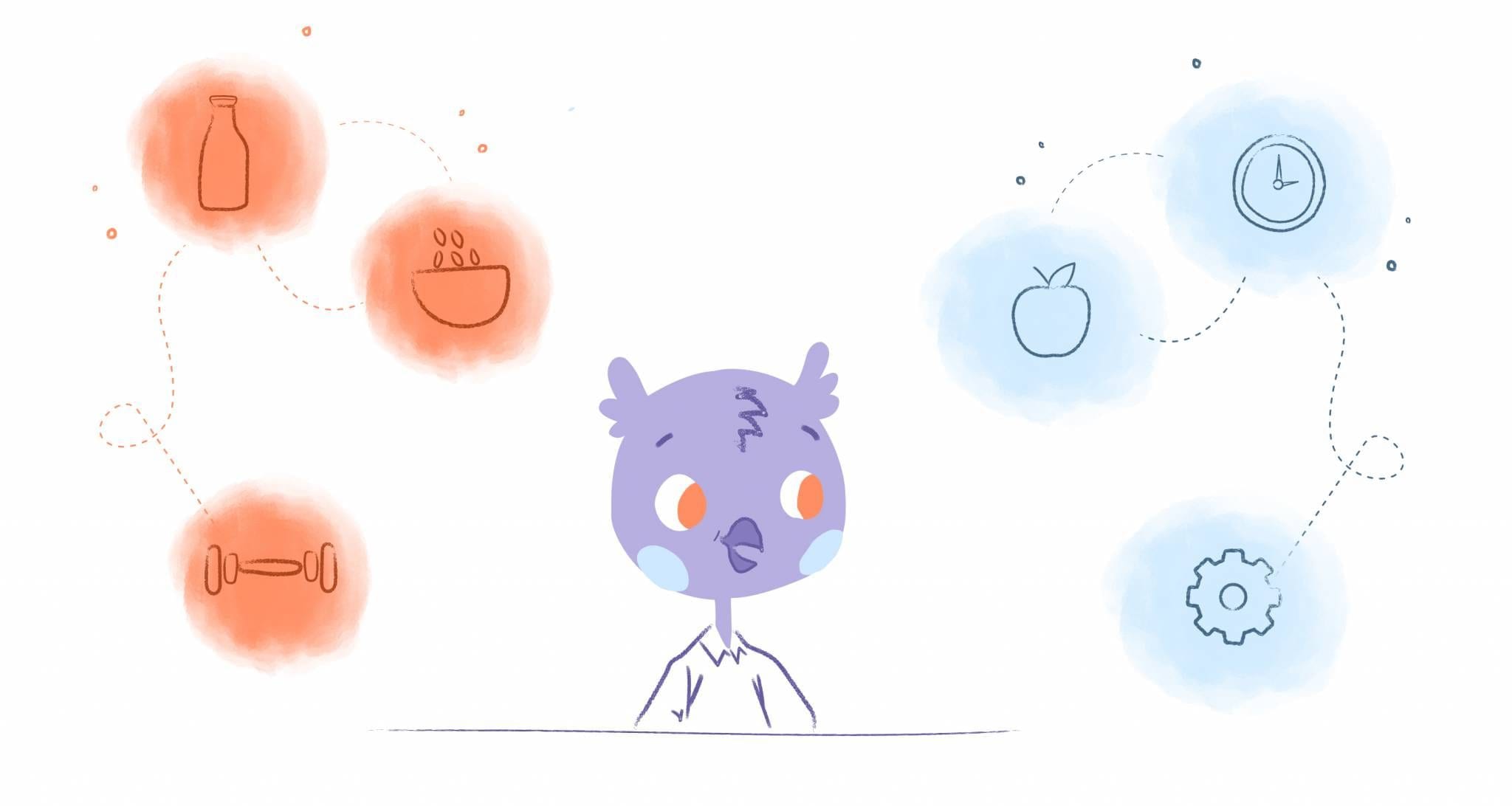

Mental health is about balance. When we feel supported in the work we do and able to take time for ourselves, we naturally become more productive. Here is how to balance wellbeing and productivity in your mental health policy.
Frankly, many employers are doing a poor job of it. Last May, the World Health Organization named “burnout” as a chronic health condition. And the CDC reports that nearly a fifth of U.S. adults struggles with some sort of mental illness.
Mental health issues aren’t something companies can sweep under the rug. What can employers do to take care of their team while keeping productivity high? Here’s where to start:
1. Promote transparency and communication around mental health.
Mental health awareness starts with communication. Just as you’re open about physical needs, like the need to eat lunch, it’s critical to talk through the psychological needs of the people doing the work your business depends on.
Many people have heard the familiar adage of an “open-door policy.” However, this term is often seen as an invitation to discuss highly sanitized business matters alone. Many don’t feel comfortable talking about mental health as it relates to their workflow.
Also, think about why productivity is on your mind. Is this really something that you are interested in? If productivity is a goal — make sure it is really your passion. Any goal is easier if it’s a passion, or least the goal is something you really want to make a part of your life.
Explain that it makes the team stronger, not weaker, to discuss mental health openly. Encourage team members to actively review workloads, suggest process improvements, and be open about stressors in the workplace and at home.
2. Encourage employees to take their vacation time.
Sadly, disconnecting is now seen as unusual. The technology that was supposed to free us and make us more productive has become the very thing that keeps us more tied to our jobs and schedules.
America’s “no vacation” culture has been a problem for decades. Taking ample time off has been shown to increase productivity.
Some companies have experimented with forcing employees to take their vacation time, but carrots are better tools than sticks for this. Instead, reward employees who take all of their vacation time. Give a small bonus, such as $100, to those who manage not to check their work email whatsoever on vacation.
3. Reinforce regular business hours.
If the culture at your office promotes an “always-on” policy, you can guarantee that your employees will find ways to be actively disengaged. Head that off by telling them not to answer after-hours emails — including those sent by you.
What if there’s truly an emergency? Define that in your policy, and do so narrowly. No upset client or project that’s behind schedule is a matter of life and death for your company. If you act like they are, you are spelling disaster for your employees’ mental health while also sabotaging productivity.
4. Implement peer workflow evaluation.
It’s tough to see from the top-down how much work individuals are doing. But most team members can tell when their peers are doing too much or too little; take them seriously.
This isn’t about “tattling,” but rather about peer support. A team-first policy prevents people from feeling like islands, which makes it easier to openly discuss capacity and to spread the workaround.
Schedule a workload checkup every quarter. Ensure that there’s enough breathing room across the team to allow for vacations and unexpected illnesses. Maintain a bench of contractors in case of overflows.
5. Suggest outside resources.
Much as you might like to, you aren’t cut out to help workers with significant mental health issues. Know when to turn to a professional. If a worker has a breakdown, can’t seem to maintain a schedule, or is experiencing delusions or hallucinations, it’s time to call in the cavalry.
Work with your healthcare provider to develop a list of local, in-network providers. Reach out to those practices to tell them that you’d like them to be a go-to resource for your team, and ask about a discount for team members who need their services.
Put together a list of anonymous helplines as well. Some of the best ones include:
- Substance Abuse and Mental Health Services Administration’s national helpline: 1-800-662-HELP (4357)
- The Crisis Call Center: 775-784-8090
- The National Suicide Prevention Hotline: 1-800-273-TALK (8255)
- The National Domestic Violence Hotline: 1-800-799-SAFE (7233)
Mentally well workers are productive workers. But while individual ways of supporting mental health, such as nutrition and exercise, are important, so is a policy-based approach.
Go beyond wellness emails and office massages. Make sure people are taking time off and thinking through one another’s workloads. Productive, healthy workplaces take a team effort.











Howie Jones
My name is Howie and I'm a Customer Success Manager at Calendar. I like to ensure our customers get the best experience using our product. If you have questions email me howie at calendar.com